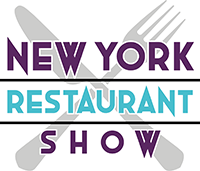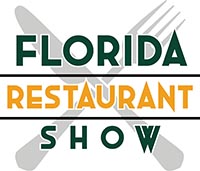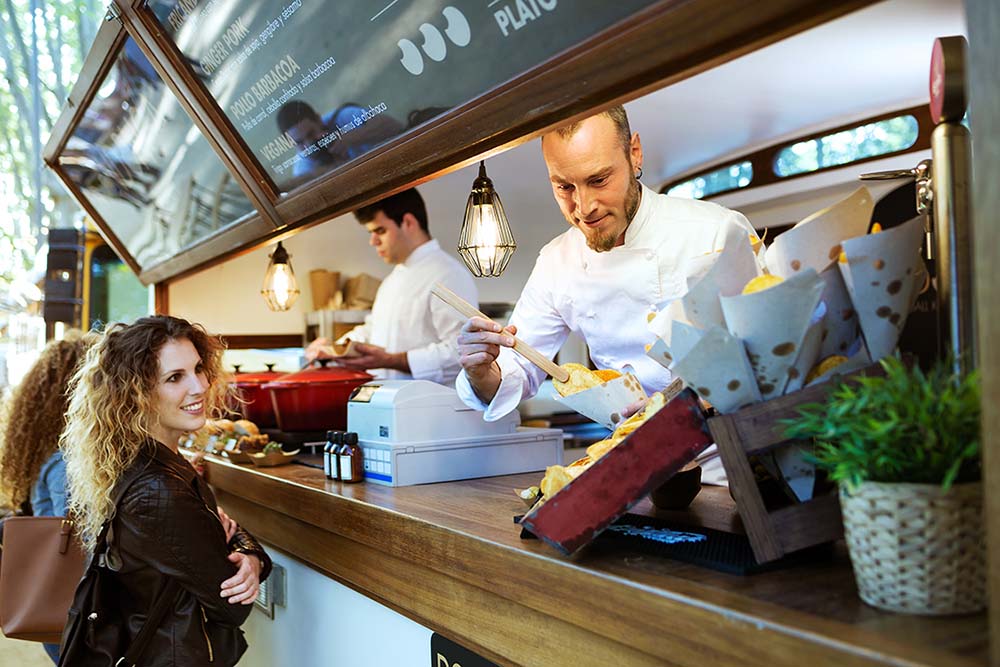
Food trucks offer a mobility that helped businesses chart a course through the pandemic
By Sara Perez Webber
Have food, will travel. When it came to weathering the pandemic, being on wheels helped some food trucks stay in business.
Mobility is a huge advantage for food trucks,” says Ross Resnick, co-founder and CEO of Roaming Hunger, a booking marketplace for more than 18,000 food trucks in the U.S. and Canada. “They will go where the opportunities are.”
According to Resnick, some food trucks had their best year ever in 2020, as people who were quarantining at home craved freshly cooked meals. “Many trucks found neighborhoods, communities and apartments to serve,” he says. “We also saw a lot of food trucks adopt mobile ordering tools for scheduled pickup.”
Even so, the devastating impact of shutdowns caused over 20 percent of mobile food businesses to close permanently in the last year, estimates Datassential, a foodservice industry market research firm.
But brighter days are here. “We believe that at the beginning of the pandemic there were over 30,000 food trucks across the U.S.,” says Resnick. “With COVID we saw many closures, but we’re seeing those numbers start to climb again, with unprecedented interest in new food truck business inquiries and those looking to get started with a new business.”
Customers are still looking for COVID-safe foodservice options, Resnick notes, which food trucks can provide: “We’re at a very interesting moment for food trucks as we’re coming out of the pandemic.”
CFE interviewed several food truck owners from different parts of the country to learn how they operated during the pandemic and how they’re positioning themselves for the future.
PANDEMIC PIVOT:
Taking a Detour
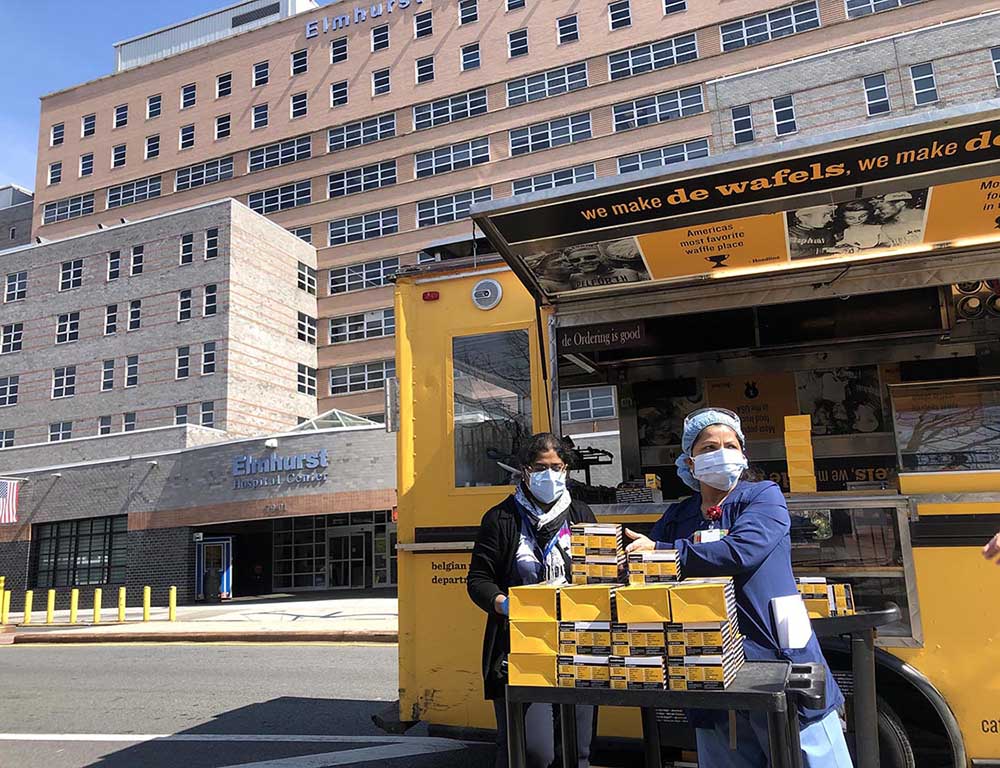
Belgium native Thomas DeGeest and his wife Rossanna Figuera, originally from Venezuela, launched their New York-based Belgian waffle food truck business, Wafels & Dinges, in 2007. The company’s whimsical website proclaims the truck originated when Albert II, Belgium’s king, mandated that his “authentic Leige and Brussels wafels” be brought to New York City to give America’s Belgian waffles “a serious upgrade.” The king knighted DeGeest “Special Envoy for Wafels” and crowned Figuera as “Ambassador of Good Things”…or so the website story goes.
We were sort of the first truly branded truck to show up on the scene on the East Coast,” says DeGeest. “We were on the forefront of brand creation in food trucks.”
From the beginning, aficionados flocked to the yellow truck for its Belgian waffles with a choice of “dinges” (Belgian slang for “whatchamacallits”), or toppings, ranging from Vermont maple syrup and Belgian chocolate to fresh strawberries and dulce de leche. Popular creations include De Bom, a wafel topped with homemade Tahitian vanilla ice cream and warm chocolate fudge; and Throwdown (the victor in an episode of Throwdown with Bobby Flay), a wafel topped with spekuloos spread (Belgian cookie butter), whipped cream and spekuloos cookie crumble.
Today Wafels has three food trucks—two in New York and one in Denver, soon to be relocated to Los Angeles; kiosk locations in New York’s Bryant Park and Herald Square; a location in the Mall of America in Bloomington, Minn.; and another brick-and-mortar location opening soon in Denver.
After closing everything down for the first six weeks of the pandemic, the Wafels staff went back to work, driving through the empty streets of New York to serve healthcare workers at hospitals. “It was a great way to keep our people going internally and at the same time to do good,” says DeGeest.
The company also started shipping waffle boxes across the U.S., with an option for customers to sponsor boxes for healthcare workers. “From early June through November, we shipped out or donated 12,000 waffles to hospital workers,” says DeGeest.
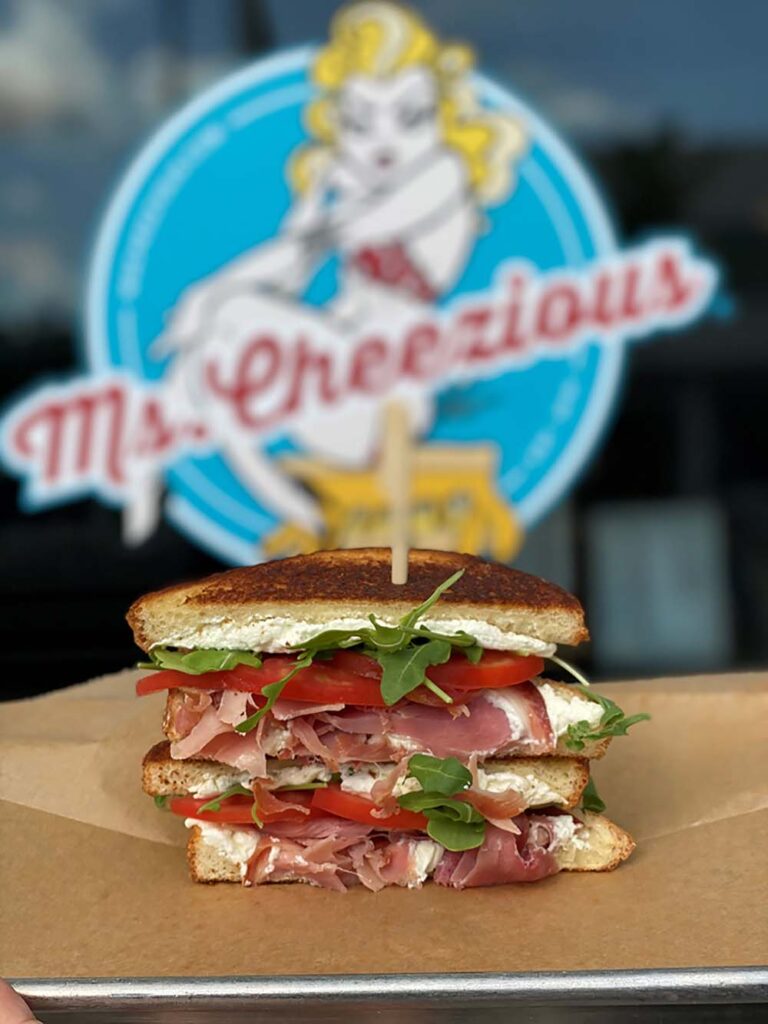
Ms. Cheezious also started out with a groundbreaking food truck in its city: Miami. Launched in December 2010 and specializing in grilled cheese sandwiches, Ms. Cheezious “was a huge success right from the start,” says Brian Mullins, who co-founded the company with his wife, Fatima Mullins, and M. Christian Dickens.
Often ranked as the top food truck in Miami, Ms. Cheezious’ number-one seller from the beginning has been the BBQ Pulled Pork Melt, made with sharp cheddar cheese on Texas toast. Other favorites include the Short Rib Melt, with braised short rib, Jack cheese, pickled onions and arugula on sourdough; and the Buffalo Chicken Melt—country-fried Murray’s chicken tossed in the house Buffalo sauce, topped with provolone and creamy blue cheese, and served on sourdough.
Three years after launching, Ms. Cheezious opened a brick-and-mortar location on Biscayne Boulevard, which greatly expanded its sandwich menu and added such options as chicken wings, mozzarella sticks, salads and smashed burgers. By March 2020, the company also had kiosks at the Time Out Market in Miami Beach and FTX Arena, as well as a franchised food truck in West Palm Beach.
When the pandemic started, the kiosks closed, and all events were wiped out. So Ms. Cheezious relied on its restaurant location.
Within 24 hours, we created an online store and did curbside pickup,” says Mullins. “We stayed open 11 a.m. to 11 p.m. every day of the week.” Customers could also order and eat at the restaurant’s large outdoor seating area.
During the pandemic, the company worked with World Central Kitchen (WCK) to serve meals to healthcare workers (Ms. Cheezious partnered with WCK again in June to serve families and first responders affected by the Surfside condo collapse). Ms. Cheezious food trucks were also booked for drive-by events, because hosts “could responsibly have food for guests without people touching everything.”
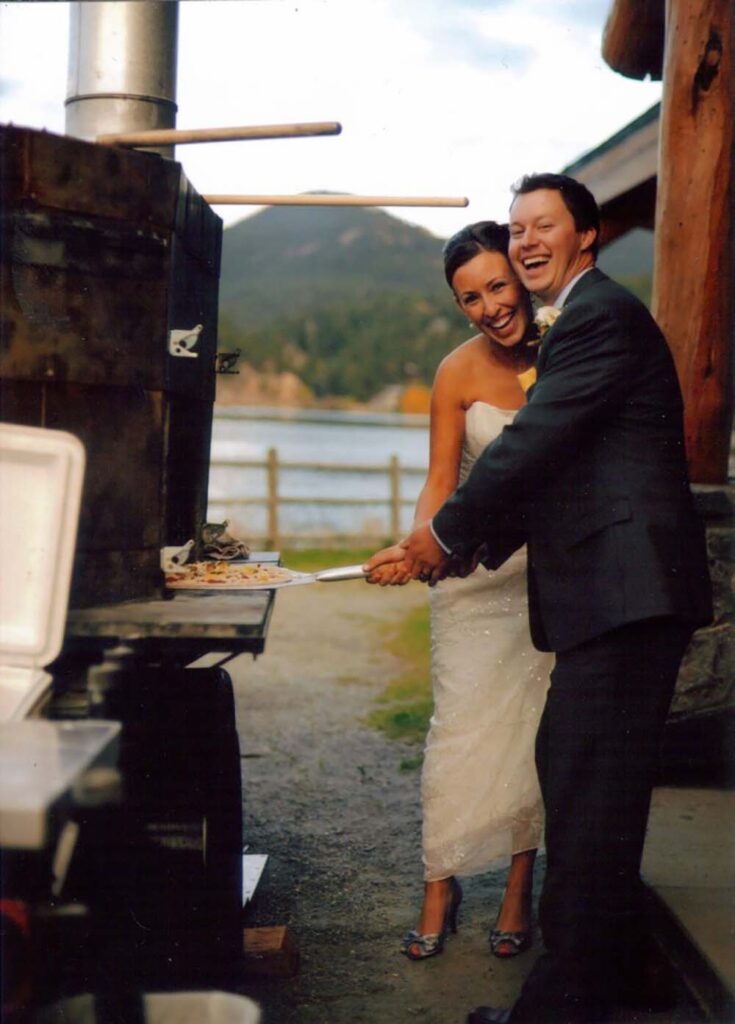
Launched in August 2010, Golden, Colo.-based Basic Kneads Pizza had grown to include five mobile wood-fired pizza ovens—three trailer-based and two traditional food trucks—when the company opened its first brick-and-mortar location on November 22, 2019. “It was 100 days before the world changed,” says Christen Bakken, who owns Basic Kneads with her husband Joel.
Before everything shut down [due to the pandemic], the restaurant showed a lot of potential,” adds Bakken.
So the Basic Kneads team amped up their online platform and transformed into a 100 percent to-go operation. While the restaurant had been delivering through third-party apps since it opened, at the beginning of April 2020 the Bakkens bought a cheap car, put a logo on it and began making the deliveries themselves. “If my husband and I didn’t do the deliveries, we would have gone down a person in the kitchen,” explains Bakken. “All the time I see customers now inside the restaurant whose homes I’ve been to, so maybe I sealed the deal.”
Basic Kneads also created an online sales option for its food trucks. The trucks would partner with local breweries, which had pivoted to offer beer to go. Customers would order pizza from the Basic Kneads food truck, either in advance or from the window using a QR code, and then line up for beer served from the brewery’s delivery window.
BUSINESS OUTLOOK:
Full-Speed Ahead
As lockdowns eased, business improved. “The event sector started picking up again in March 2021,” says DeGeest. “The biggest change we’re seeing is the movie industry business being very, very strong.” In fact, Wafels & Dinges is doing so much movie set catering in New York that it’s launching a food truck in Los Angeles.
Thanks to pent-up demand, Wafels & Dinges’ catering business is about 20 percent higher now than it was in 2019, says DeGeest. In addition to movie sets, the waffle trucks are being booked for back-to-work welcome events, mitzvahs and weddings. To focus on larger events, the company raised its minimum guest count from 40 to 70. And, to retain their employees at a time when labor is scarce, Wafels has increased its pay, including paying delivery staff a commission on the catering.
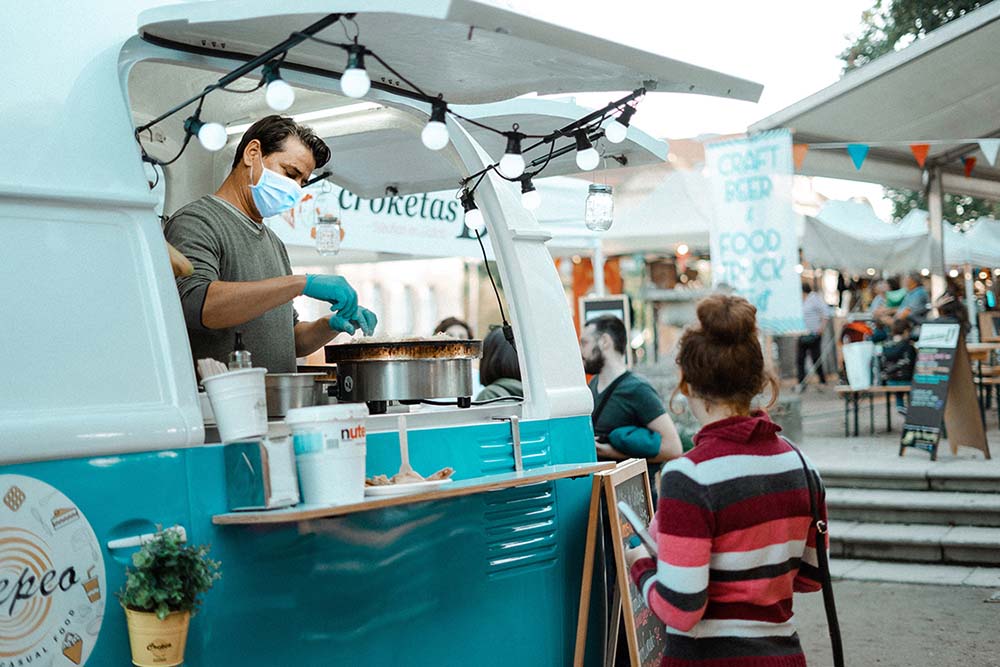
Looking ahead, “our company is going to be franchising starting this year,” says DeGeest. The primary franchise component will be a Wafels & Dinges brick-and-mortar location, with the option of adding a food truck.
We are definitely planning on growing,” he says. “Every city needs to have a good waffle truck.”
Ms. Cheezious’ catering business was strong before the pandemic, with the food truck going to corporate events as well as such large gatherings as the Super Bowl, Art Basel and the Miami Boat Show. “Our catering has grown because we have the truck,” says Mullins. “People see us, they see the brand, and they see what they’re getting.”
Currently, employee appreciation event bookings are especially strong. “Our biggest challenge at the moment is staffing,” says Mullins, echoing a refrain heard from foodservice businesses nationwide. “We have to turn some things down.”
Ms. Cheezious’ delivery business also continues to grow. “We’re expanding into more delivery, taking advantage of more events, and getting a catering license to serve alcohol,” says Mullins. “We’re optimistic and realistic about what happened and what’s happening…. We’re working hard to make sure that we maintain what we have and always looking for opportunities in the future.”
Basic Kneads’ catering business in 2020 was one-sixth what it was in 2019. But it’s come roaring back, says Bakken.
We’ve served three times the events in June 2021 compared to June 2019,” she says. “If we just stay consistent, we’ll do 150 percent the business in 2021 that we did in 2019, and I think it’s just going to continue to rise.”
Bakken attributes part of the demand to events rescheduled from last year, while others “just want to make it happen this year,” she says. The events Basic Kneads caters range from birthdays, graduations and company parties to weddings and rehearsal dinners, which mostly take place in the mountains.
According to Bakken, demand is so strong for weddings in the Denver area that venues are booked solid. “If you’re willing to have a Thursday wedding, you might end up with a Monday rehearsal dinner, and we will be there,” she says.
Bakken says customers like that Basic Kneads makes the wood-fired pizzas in front of them, and that they use high-quality, local and often organic ingredients. The company’s half-whole-wheat, half-white dough gives the crust “texture without being grainy or dry,” she says, while the pizzas boast a “well-rounded flavor palate.” Two of the most popular are the Wiseguy, with olive oil, mozzarella, sausage, roasted onions and fresh rosemary; and the Thai Chili Chicken, with sweet Thai Chili sauce, mozzarella, chicken, cilantro and green onion.
When we reflect on the pandemic, I always think about how lucky we were to have three angles of the business,” says Bakken. “On their own, the food trucks didn’t save Basic Kneads, and the brick-and-mortar and catering didn’t save it, but they each had their moments of glory.”
LASTING CHANGE:
The New Rules of the Road
While many changes necessitated by the pandemic were onerous, some worked out so well that they’re here to stay.
Ms. Cheezious’ online store, for example, has been a boon. “I don’t know why we didn’t do that long ago,” says Mullins. “It works on so many levels. Now the customer just goes on their phone, picks out what they want and pays for it.”
Similarly, at Basic Kneads, “the online platform is such an asset to our business now,” says Bakken.
Safety concerns also led Basic Kneads to stop serving its pizza buffet-style at catered events, and to start serving some appetizers—such as olives, berries and cheddar—on skewers. “We are going to keep hand-serving pizza,” says Bakken. “I think it makes such a prettier plate, and guests get to interact with our staff. And we are going to put things on a skewer forever.”
For More Information
Basic Kneads Pizza
Ms. Cheezious
Roaming Hunger
Wafels & Dinges





